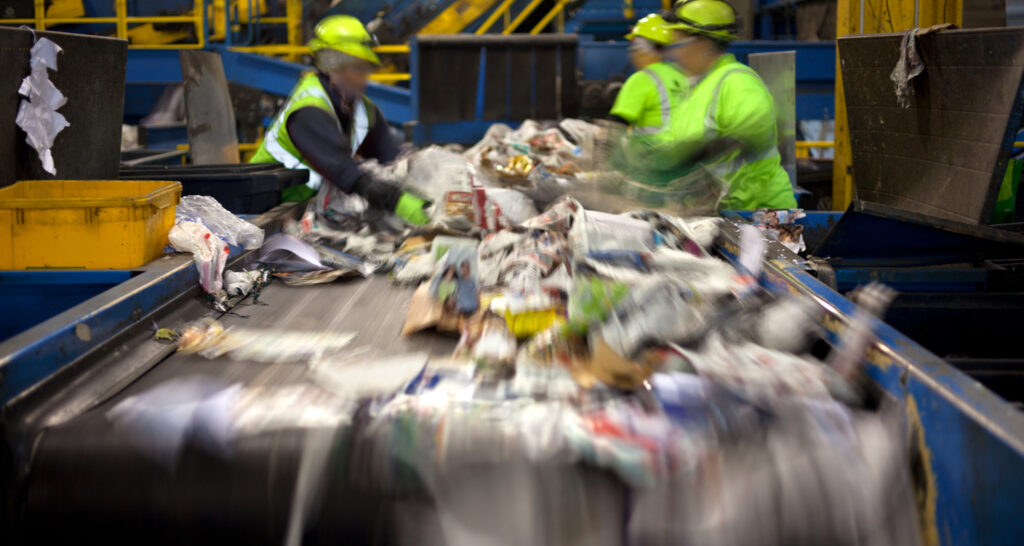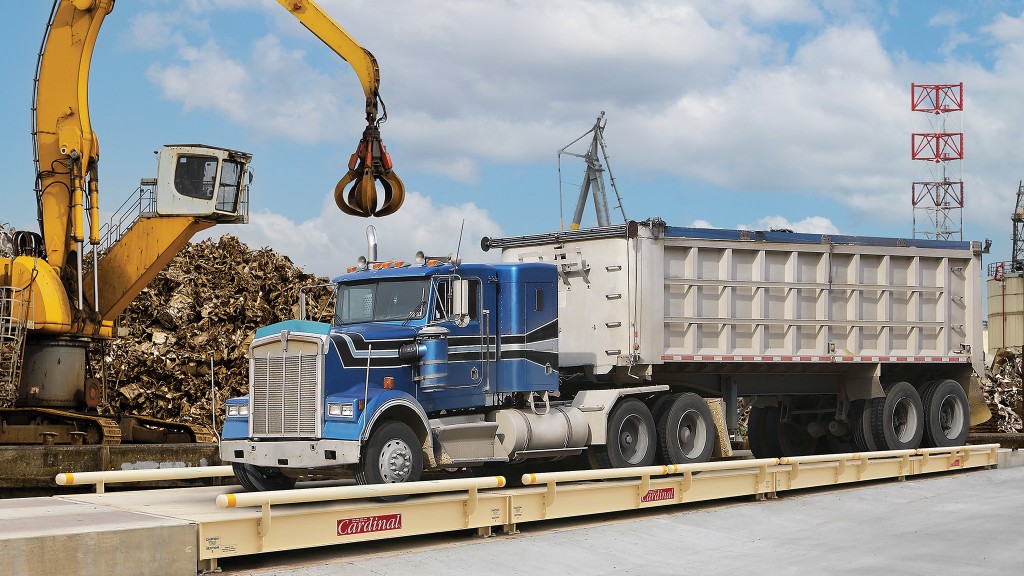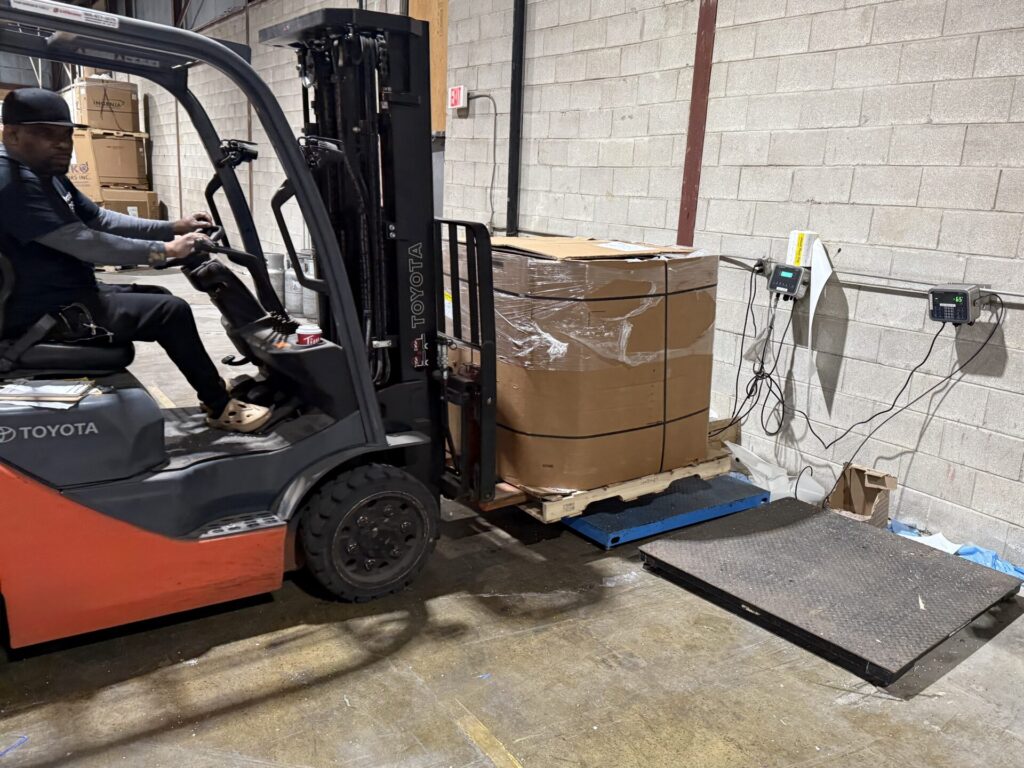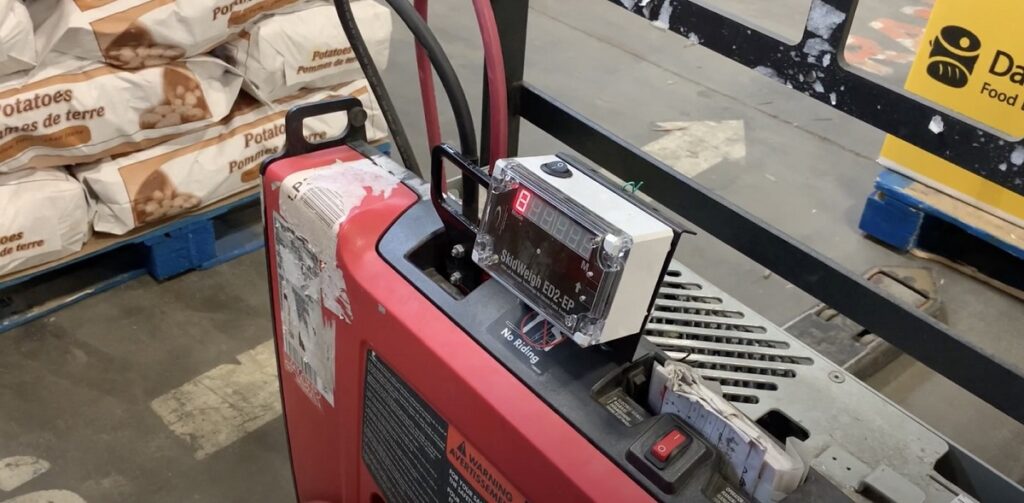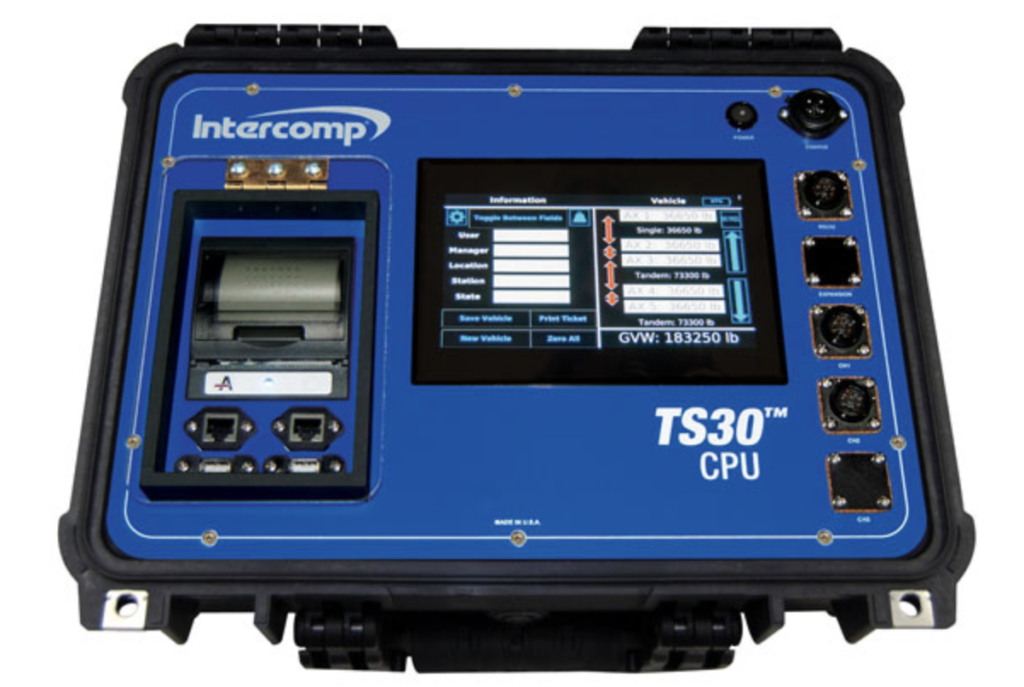Recycling scales are used to measure the weight of recyclable materials, which is important for a number of reasons. They can be used to ensure accurate billing, track the flow of materials, and comply with regulations. In addition, recycling scales can be used to control the flow of materials, identify contamination, and optimize operations.
The advantages of using recycling scales include accuracy, speed, and durability. Recycling scales that are designed for the waste management industry are typically durable and can withstand the harsh conditions that are often found in these facilities.
Overall, recycling scales are an essential tool for waste management. They provide a number of benefits that can help to improve efficiency, accuracy, and compliance.
Here are some specific examples of how recycling scales are used in waste management:
- At recycling centers: Recycling centers use recycling scales to weigh recyclable materials before they are baled or shipped. This helps to ensure that the centers are accurately billed for the materials they receive.
- At transfer stations: Transfer stations use recycling scales to weigh recyclable materials before they are transferred to a landfill or recycling facility. This helps to track the flow of materials and to ensure that the materials are properly disposed of.
- At manufacturing facilities: Manufacturing facilities use recycling scales to weigh recyclable materials that are used in the production process. This helps to ensure that the facilities are using the correct amount of recycled materials and that they are complying with environmental regulations.
Recycling scales are an important tool for waste management. They help to ensure that recyclable materials are accurately weighed, tracked, and disposed of. This helps to protect the environment and to conserve natural resources.
